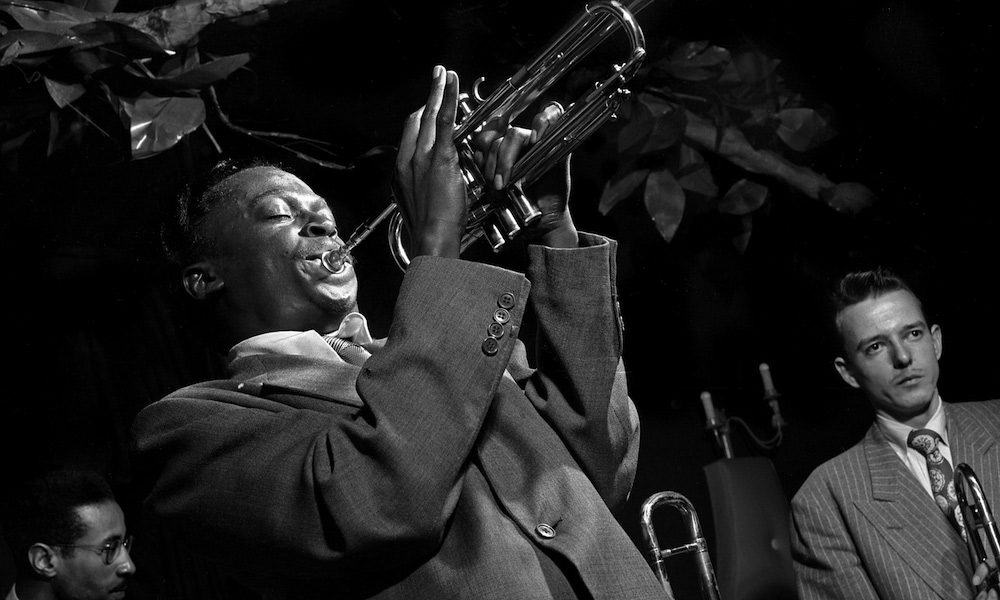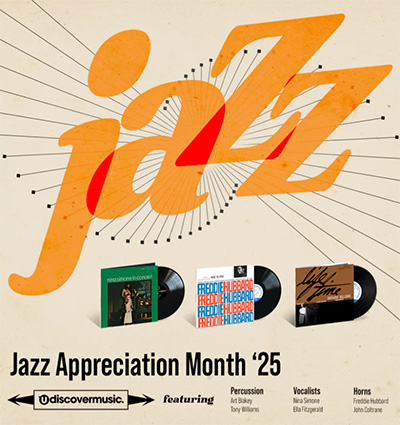“He Transcended Music”: A Discussion On Miles Davis’ ‘The Birth Of The Cool’ And Its Lasting Influence
A panel of musicians, academics and creatives gathered at the hi-fi listening bar, In Sheep’s Clothing, to discuss the impact, legacy and lasting influence of this seminal release.

In honour of the new critically-acclaimed reissue of Miles Davis’ modern-jazz landmark The Complete Birth Of The Cool, a panel of musicians, academics and creatives gathered at the hi-fi listening bar, In Sheep’s Clothing, in downtown Los Angeles to discuss the impact, legacy and lasting influence of this seminal release.
The sophisticated environs of the listening bar were a far cry from the nondescript basement room in midtown Manhattan where these initial recordings were birthed, when jazz-legends-to-be Gerry Mulligan, Lee Konitz, Max Roach, John Lewis, arranger Gil Evans and a then 22-year-old Miles Davis ushered in the birth of cool jazz.
In addition to hearing Davis’ iconic recordings in a whole new light, three panellists lead a discussion that touched upon the record’s unlikely backstory and how it resonates today.
Taj Frazier served as moderator for the panel. Frazier is an author and Associate Professor of Communication at USC’s Annenberg School for Communication and Journalism. Joining him was LA-based jazz drummer Mekala Session and Maxwell Dartey, who works in product development at UMe and produced the reissue.
As a rising talent in LA’s jazz scene and son of veteran sax player Michael Session, Mekala began his career at a young age, under the tutelage of jazz greats like Horace Tapscott, who founded the Afrikan Peoples Arkestra and the legendary jazz drummer Billy Higgins.
When asked what made Davis unique as a musician and artist, Session described him as a “insatiable musician” and “impossibly unique”.
“He was really unapologetic about who he was,” said Session. “He was really black; he was really moody, and he demanded respect. He was an artist in the truest sense, he transcended jazz and even transcended music.”
The Complete Birth Of The Cool captures Davis’ historic sessions from 1949 and 1950, but the album didn’t come out until 1957, when Capitol Records thought to capitalize on the cool jazz scene that had since emerged. The album’s original LP jacket even read: “the classic recordings that launched a jazz era”.
As Frazier explained, when he quoted Davis, “The whole idea of The Birth Of The Cool started out as a collaborative experiment. A lot of people thought the s__t we were playing was just strange.”
Along with discussing Davis’ influence as a musician, the panellists also talked about his role in the racial politics of America at that time.
“The history of popular music in America, is also the history of race,” said Dartey. “And it’s very important we realize that this record is by a 22-year-old black man leading eight white musicians and starting a movement that later would be dominated by white musicians.”
“He cared a lot about race, but he also cared about the music,” Session added.
Davis experienced a lot of pushback from using predominantly white musicians on Birth Of The Cool, Frazier explains. But as Davis said at the time, he was going for whoever “allows me to find the sound that we’re seeking”.
“He was so prolific, by the time you were listening to one record, he was already five ahead,” Session said.
After the panel ended, the audience was treated to an intimate playback session of the new reissue, as the sound of Davis’ masterwork reverberated through the air.
The Complete Birth Of The Cool can be bought here.












